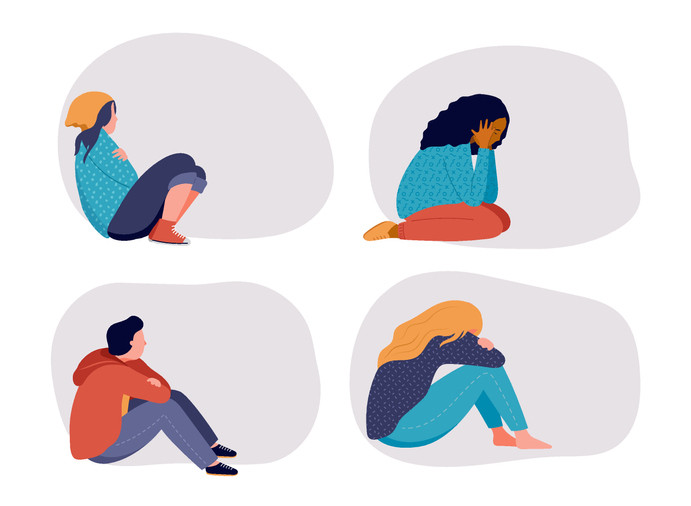Ryan Hu (10) | STAFF REPORTER
In today’s enlightened world, various social movements sprung up to correct past transgressions of which were spread primarily through social media. Examples of these include Black Lives Matter and #MeToo, which have had widespread coverage through mainstream media and have exposed many people to long-standing issues in society. Such movements are often cited by individuals who use them to label others. Two of these movements have to do with the issue of body insecurity, but in completely different ways: body positivity and body neutrality.
The body positivity movement argues for acceptance of all bodies in all shapes, colours and sizes, and advocates against discrimination for certain types of bodies that society may deem as undesirable. One of its main tenets is the idea that an individual may be beautiful no matter what, and that functionality and health should be considered more highly than appearance. The movement sees beauty as a social construct, with people failing to meet these standards suffering with lower self-esteem and even discrimination. It is important to note that body positivity correlates with the fat acceptance movement.
On the other side of the spectrum is the newer and lesser known body neutrality movement, which is similar to and often compared with the body positivity movement for there is one major difference: instead of loving one’s body, as this movement argues, it is fine to simply accept it and all its issues. The body is something that everyone is born with; everyone has their own genetics and it can be very difficult to modify your body. As such, trying to do so may cause harm, so one should just accept their body and keep it healthy instead of worrying too much about appearances. One’s happiness does not and should not lie with one’s physical appearance.
While being positive about your body is certainly desirable as opposed to disliking it, certain problems may arise in the long run. In recent decades obesity has become a major issue in the U.S., with over 40% of all adults having a body mass index (BMI) of over 30 kg/m^2. For comparison, a healthy BMI would be between 18.5 and 24.9. With this in mind, it is no wonder that the body positivity movement has been criticized for its philosophy of loving oneself above all. Obese adults may find it healthier to switch to a movement that supports one’s health instead of one’s happiness.
Another issue is with those who become infatuated with their bodies through the positivity movement, and end up focusing too much on their bodies. There seems to be a clear line between those who see the movement as a solution for their dislike of their own body, and those who love their body and thus obsess over improving its appearance. No matter which way you may choose, they are both unhealthy in the long run.
No one’s body is perfect, and in a world where body image is an increasingly important topic, it should be no surprise that these movements have harnessed media attention and fervour. However, despite this, questions still remain. Should one choose to be a part of either movement? Between the one that lobbies for unhealthy self-love and are liable to excessive self-consciousness, and the one that doesn’t say much about health but simply tells you to “don’t worry about it,” the latter provides a more solid and logical stance.



